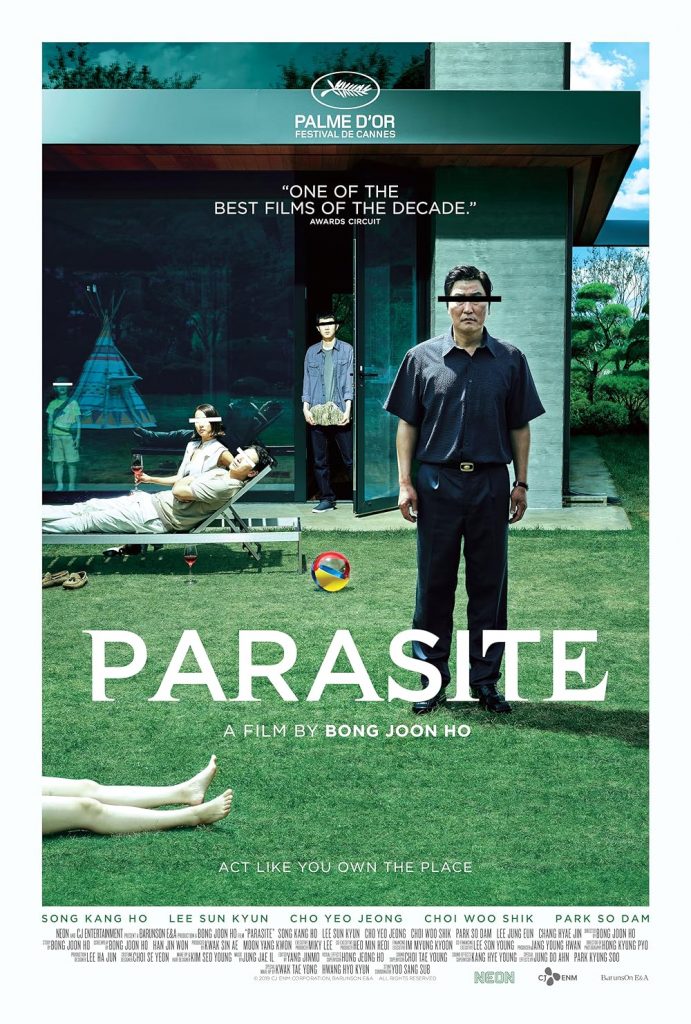Lightning struck twice in February, when the normally arthouse-focused Berlin festival played world premieres of the two biggest recent commercial movies from South Korea — occult drama “Exhuma” and “The Roundup: Punishment.”
Cannes may get lucky if Ryoo Seung-wan’s “I, the Executioner” (aka “Veteran 2”) turns out to be as strong as its 2015 predecessor, “Veteran,” a crime thriller that Michael Mann is planning to remake. But Ryoo’s Midnight Screening slot thriller is the only Korean film tapped in Cannes’ official selection — way lower than in previous years, which saw high-profile triumphs such as “Parasite.”

Normally a filmmaking powerhouse across multiple genres, registers and scales, Korean film continues to struggle its way out of a pit, whose origins remain debated. The finger of blame is usually pointed at the impact of COVID on production, high cinema ticket prices and competition from streaming, which has eroded audiences’ in-person attendance and siphoned off production crews, production finance and key talent.
The reality is likely to be a combination of all three factors, making pre-existing structural problems, including increasing production budgets and still under-developed ancillary markets, worse.
Korean producers and distributors responded to the pandemic, first, by selling a few films to streaming, then by holding on to other completed titles in the hope that the theatrical market would snap back to pre-COVID levels once social distancing and other health measures were removed.
It didn’t happen that way.
Until 2019, South Korea had punched far above of its weight and registered as the world’s fourth-largest theatrical market. This in turn was built on world-leading per-capita cinema attendance and a strong and popular local film industry that regularly accounted for 50% of ticket sales in its home market.
In 2022 and 2023, while Hollywood opened its releasing pipeline to nearly pre-COVID levels, Korean rights holders played more cautiously. They spaced out their releases, often announcing and then delaying distribution dates as they sought optimal opportunities.
The result was a marketplace that swung toward Hollywood, with the public increasingly perceiving Korean films to be old or out of touch, and where cinema operators began to close theaters.
The reality is likely to be a combination of all three factors, making pre-existing structural problems, including increasing production budgets and still under-developed ancillary markets, worse.
Korean producers and distributors responded to the pandemic, first, by selling a few films to streaming, then by holding on to other completed titles in the hope that the theatrical market would snap back to pre-COVID levels once social distancing and other health measures were removed






